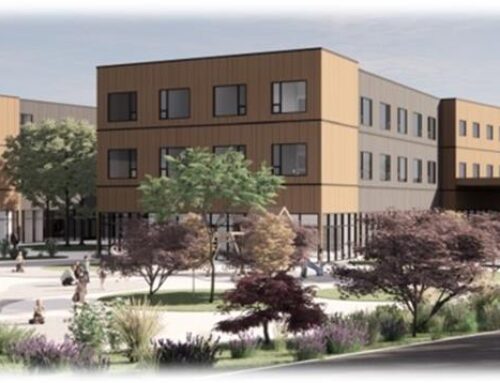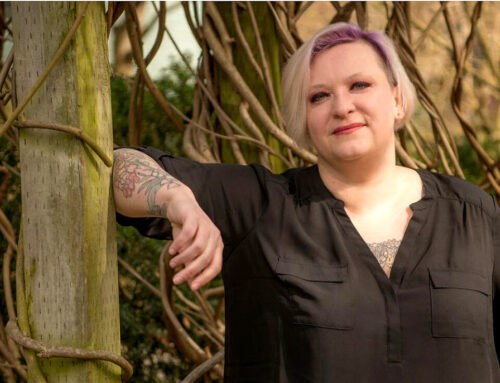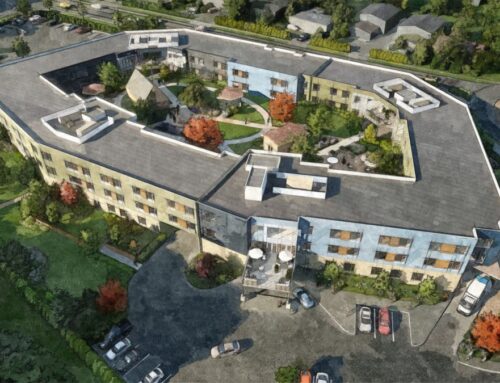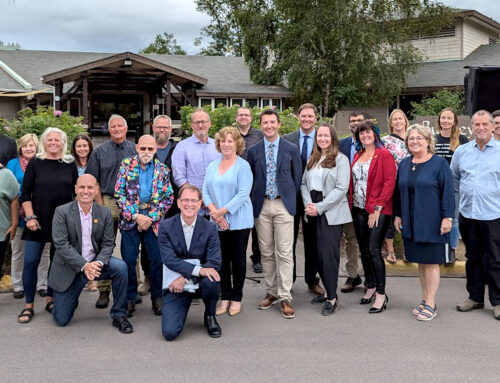Project will be tested in real time at two care villages
January 10, 2023 – Providence Living is on a mission to transform seniors care into something that truly feels like home.
Providence Living, in partnership with Providence Health Care, is redesigning seniors’ care in an initiative called Home for Us. The initiative’s goal is striving to make long-term care more home-like.
So care teams can practice this new kind of caring in real time, Providence Living and Providence Health Care are moving forward with construction of two pilot households; one each at Youville care village in Vancouver and another at The Views at St. Joseph’s in Comox.
Pilot household construction in well underway at The Views, and will begin in early 2023 at Youville. When complete, the pilot households will allow new care ideas to be tested, trialed, and adjusted in real time with the goal of providing residents choice and autonomy in their care and everyday living experiences.
“If we want to truly reimagine seniors’ care, then we need to redesign what this looks like,” said Tasia Tsatsanis, Leader, Quality of Life & Resident Experience, Providence Living & Providence Health Care. “This isn’t something we can do on paper. It must be done in-the-moment with residents, families and staff building the new care model together.”
Consultation is key
To create this new kind of caring, resident, family and staff input are central, and consultation with these primary interested parties is ongoing. “These are the people who really know what is and isn’t working right now in long-term care,” said Tsatsanis. “Their involvement is key to this entire Home for Us transformation project.”
At their core, pilot households are bricks-and-mortar mini-units that resemble real homes. Each will have a kitchen, common space and bedrooms with their own private washroom attached. Constructed within the existing walls of both facilities, the goal of the pilot households is to create a flexible system of care that is better matched to resident wants and needs.
According to Tsatsanis, their purpose is to trial different approaches to care on a smaller scale with learnings from these pilot households eventually applied to new builds, such as the one in Comox, and into existing PHC long-term care homes as existing physical structures allow.
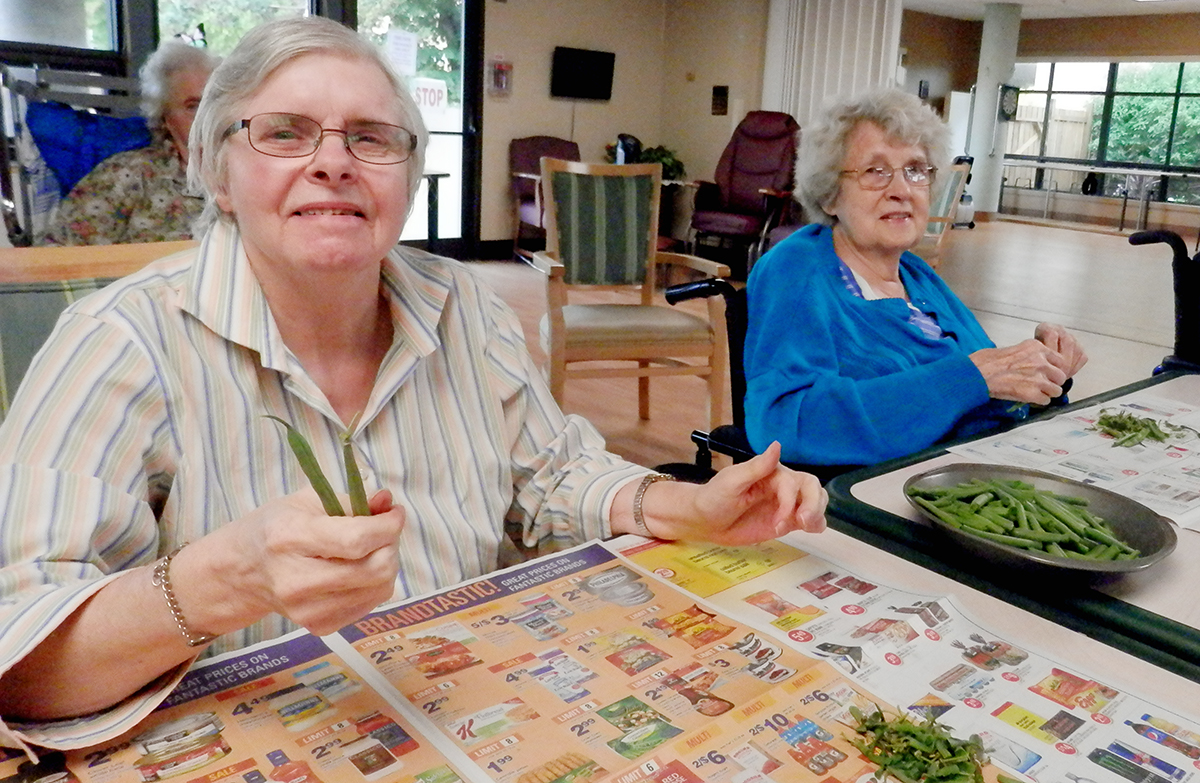
Residents at The Views at St. Joseph’s prepare a harvest of green beans for dinner. Gardening at The Views is one of many on-site activities in which residents can choose to participate.
Schedules are made to be flexible
The new care system developed in these pilot households will move long-term care away from the existing institutional/medical model where everything – eating, sleeping, waking, bathing, leisure pursuits – is scheduled to enable efficient delivery to large numbers of people.
For instance, the traditional care model now dictates that all residents must be up-and-dressed for their 9 a.m. breakfast, even if, in their own homes, some residents would have slept in, eating later in the morning.
“We want to re-shape the idea of a schedule in long-term care,” said Tsatsanis. “Our current systems force us to be task oriented, but we need to explore ways to incorporate flexibility in these schedules so we can better honour residents’ choices.”
Also significant to this new care model is the desire to create a greater sense of community among residents, their families, and the staff that work with them.
“Having close connections are not only essential to care but also to the overall quality of life for residents as well as for staff and families,” said Tsatsanis. “It’s these emotion-based bonds that give meaning to all our lives, and the pilot households will allow us to explore how best to foster them.”


